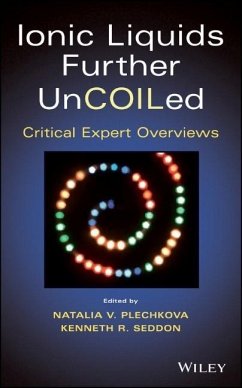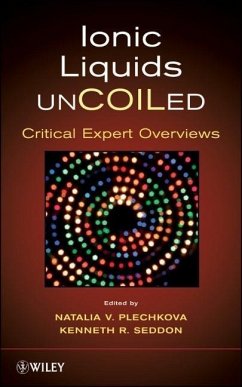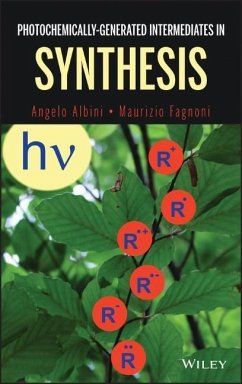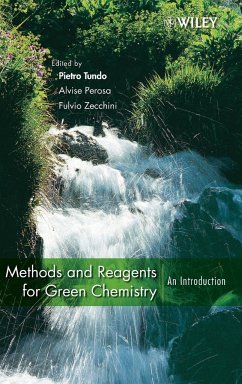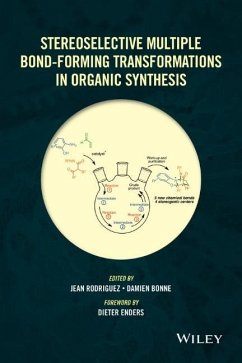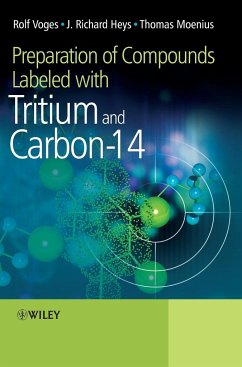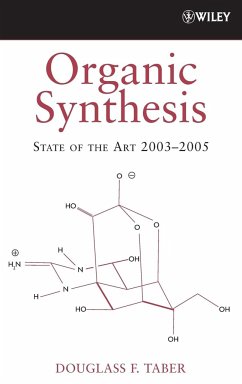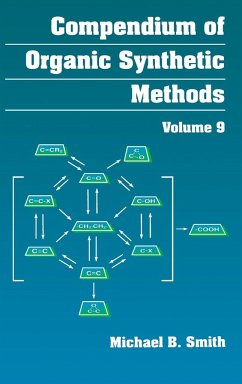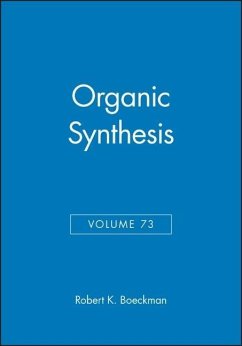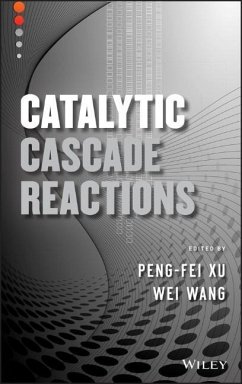
Molten Salts and Ionic Liquids
Never the Twain?
Ed. by Kenneth R. Seddon

PAYBACK Punkte
81 °P sammeln!
For many years, the related fields of molten salts and ionic liquids have drifted apart, to their mutual detriment. Both molten salts and ionic liquids are liquid salts containing only ions - all that is different is the temperature! Both fields involve the study of Coulombic fluids for academic and industrial purposes; both employ the same principles; both require skilled practitioners; both speak the same language; all then that is truly different is their semantics, and how superficial is that?The editors of this book, recognising that there was so much knowledge, both empirical and theoret...
For many years, the related fields of molten salts and ionic liquids have drifted apart, to their mutual detriment. Both molten salts and ionic liquids are liquid salts containing only ions - all that is different is the temperature! Both fields involve the study of Coulombic fluids for academic and industrial purposes; both employ the same principles; both require skilled practitioners; both speak the same language; all then that is truly different is their semantics, and how superficial is that?
The editors of this book, recognising that there was so much knowledge, both empirical and theoretical, which can be passed from the molten salt community to the ionic liquid community, and vice versa, organised a landmark meeting in Tunisia, designed to bridge the gap and heal the rift. Leaders from both communities met for a week for a mutual exchange, with a high tutorial content intermixed with cutting edge findings. This volume is a condensate of the principal offerings of that week, and emphasises the success which was achieved. Indeed, four future biannual meetings, under the title of "EUCHEM Conferences on Molten Salts and Ionic Liquids", have now been planned as a direct result of this meeting of minds.
Topics discussed in this volume include structure, dynamics, electrochemistry, interfacial and thermodynamic properties, spectroscopy, synthesis, and theoretical studies. Experimental and theoretical methods for investigating these data are elaborated, as are techniques for data collection and analysis. This book represents the first serious discussion on the transfer of these methods and techniques between the differing temperature regimes, and is a major contribution to the future of both fields.
The editors of this book, recognising that there was so much knowledge, both empirical and theoretical, which can be passed from the molten salt community to the ionic liquid community, and vice versa, organised a landmark meeting in Tunisia, designed to bridge the gap and heal the rift. Leaders from both communities met for a week for a mutual exchange, with a high tutorial content intermixed with cutting edge findings. This volume is a condensate of the principal offerings of that week, and emphasises the success which was achieved. Indeed, four future biannual meetings, under the title of "EUCHEM Conferences on Molten Salts and Ionic Liquids", have now been planned as a direct result of this meeting of minds.
Topics discussed in this volume include structure, dynamics, electrochemistry, interfacial and thermodynamic properties, spectroscopy, synthesis, and theoretical studies. Experimental and theoretical methods for investigating these data are elaborated, as are techniques for data collection and analysis. This book represents the first serious discussion on the transfer of these methods and techniques between the differing temperature regimes, and is a major contribution to the future of both fields.



